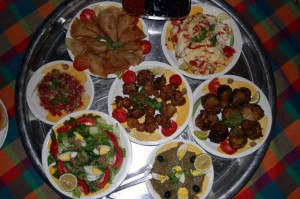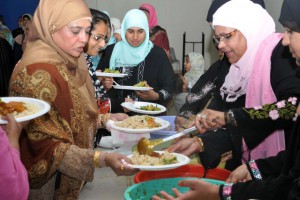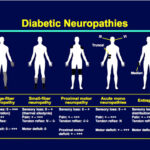Fasting from dawn to dusk in the holy month of Ramadan for healthy adult Muslims has been ordained and physically sick Muslims are exempt from it. However many Muslims with mild to moderate Diabetes, Hypertension and other medical conditions do want to fast.
The purpose of this presentation is make some recommendations how one can fast safely in light of research on fasting. Many are concerned they cannot fast when they have diabetes mellitus . Please consult with your doctor.
Some people may need some tests to be done to assess fitness for fasting.
The salient features of fasting are :
It is a voluntary undertaking rather than being ordered by a physician
There is no selective food intake i.e. protein only, juice only, fruit only , water only etc
There is no total calorie malnutrition i.e. it not a semi starvation diet.
An exercise in self discipline i.e. from constant nibbling , drinking, smoking etc
Psychological effect on the body and additional prayer give additional peace.
People who should ideally not fast, but can fast under supervision
Diabetes Mellitus Type 1
Those who get recurrent low sugar levels.
Chronic Renal Failure including Renal Transplant
Severe heart and lung conditions
Severe Epilepsy
Severe Migraine
Physically sick ( Quran 2: 184-185)
Traveler on a journey
Women during menstruation
Pregnant and lactating women
pre pubertal children
Do you know?
Blood glucose and Insulin levels will fall during the fast.
The first few days will take some adjustment. If in doubt( headache, sweating, dizziness) check sugar or blood pressure.
What to do during the fasting:
Beware the sweets and the fried food.
Remember that by eating throughout the night will not help one tide over the next day. Instead indigestion and gas related problems may set in.
Fluid intake must be adequate during the night to make up for the reduced intake during the day
Having too much of sweets or fried food during the Sahoor can lead to dryness of the mouth which can be a cause of concern during the fast.
Points to remember while breaking the fast at Ifthaar:
- Drink enough water, butter milk or juice. A glass of water melon juice, butter milk or tender coconut water will be a good option to break the fast. One need not add glucose. Water melon juice is sweet by itself and usually people add more sugar. Water melon has a higher glycemic index.
- Try to be careful with the fried and sweet food. Take them in moderation.
- Have a good Ifthaar or Isha meal. Have your prayers and then go for a walk to allow digestion.
- Have some fruit at about midnight if need be. Have a good Sahoor of needed.
- Avoid too salty food at Sahoor as that can make the mouth dry forcing more fluid intake.
- Check the sugar level 2 hours after Ifthaar to decide whether any additional dose of medicines is needed.
Exercise and Ramadhaan
One can exercise during the month. Please check the sugar before exercise. One can exercise lightly before Isha or after the heavy meal.
Try to avoid strenuous workouts as the body may be tired due to the lengthy fast.
Those who want to exercise before Iftaar should check their sugar before exercise. If sugar is below 100mg(5.5 mmol/L) avoid exercising.
Those with type 1 diabetes are exempt from fasting as their sugar levels are dependant on insulin. However, there are some who do fasting alternate days only. This is depending on your health status.
Some more tips
Check sugar levels just before Ifthaar and before the Sahoor meal.
One can check the sugar levels at 7 am before going to work. If the sugar levels are either too low or too high, it is wise to seek medical advice immediately. You may be advised to forego the fast that day.
Time your medicines between Iftaar and 1am.
If on long acting insulin such as Glargine or detemir, it is advised to take 20% less either at Ifthaar or Sahoor time
Normally the doses of most of the medicines could be reduced during the month.
The medicines have to be tailored in such a way that there is no hypoglycemia
Be careful of sulphonyl ureas and rapid acting insulin
Among the sulphonyl ureas, gliclazide is safe in that the chances of hypoglycemia is lesser and the weight gain is minimal.
Intermediate acting insulin are avoided during the month due to the 10-12 hour action which can go into the period of fasting
The essence of Ramadhaan is the same all over the world, but the flavors may differ.
Have a blessed Ramadhaan















